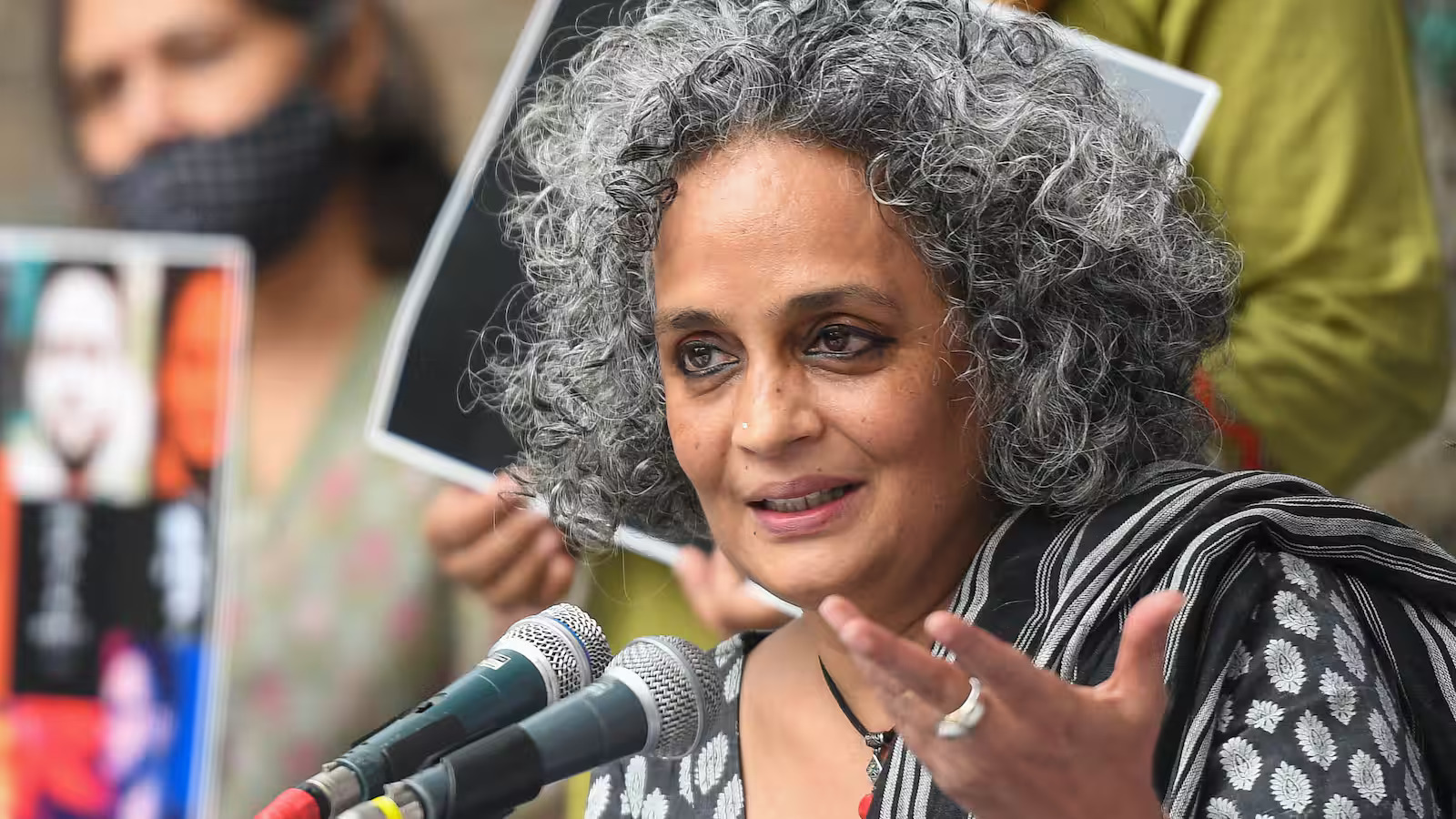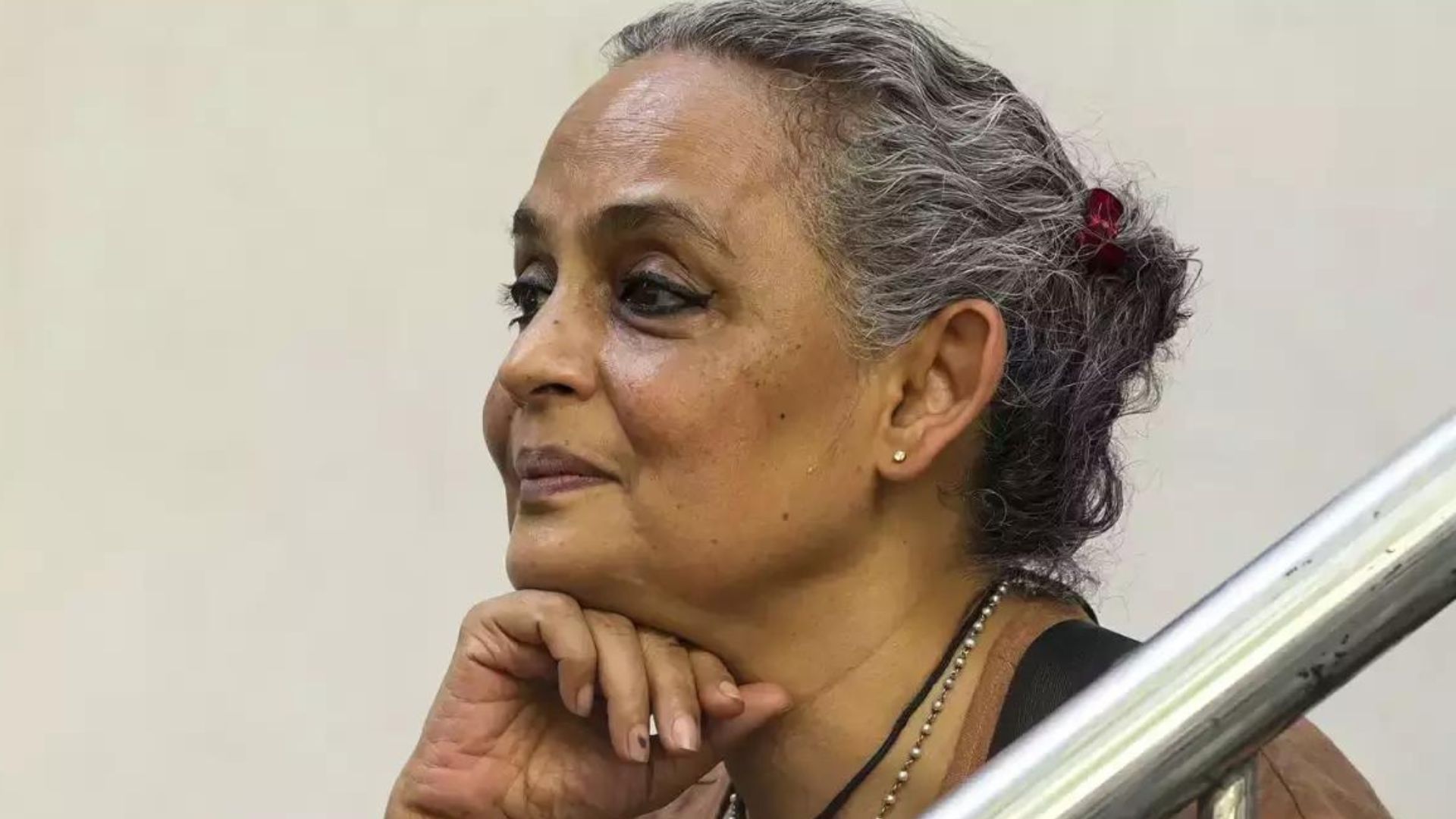The Indian government’s decision to prosecute Booker Prize-winning author Arundhati Roy under the stringent Unlawful Activities (Prevention) Act (UAPA) has drawn sharp criticism from rights activists, academics, and authors.
This move is rooted in remarks Roy made at a 2010 seminar, where she claimed that Kashmir had never been “an integral part of India.” In response, over 200 individuals have signed a joint letter to the government, demanding the reversal of this decision and arguing that Roy’s statements do not amount to incitement to violence.
The prosecution was authorized on June 14 by Vinai Kumar Saxena, a senior official from the ruling Bharatiya Janata Party (BJP), targeting both Roy and Kashmiri academic Sheikh Showkat Hussain for their comments about Kashmir.
The activists’ letter emphasized the importance of protecting the fundamental right to free speech and called on the government to ensure that expressing views on any subject remains uninfringed. The office of the U.N. High Commissioner for Human Rights also expressed concerns, urging the Indian authorities to drop the cases against Roy and Hussain, highlighting the misuse of the UAPA to silence critics.
Arundhati Roy, renowned for her Booker Prize-winning novel “The God of Small Things,” is also known for her outspoken activism on various issues, including Kashmir, nuclear weapons, and human rights. She has been a vocal critic of Prime Minister Narendra Modi’s government since he took office in 2014, accusing it of stifling free speech and targeting activists.

Arundhati Roy
Despite her international recognition and accolades, Roy’s criticism of the government has made her a polarizing figure in India, lauded by some as a champion for the marginalized and derided by others as anti-national.
The controversy stems from Roy’s remarks at a 2010 conference organized by the Committee for the Release of Political Prisoners, where she claimed that Kashmir was never an integral part of India.
This statement, which she argued was a historical fact recognized even by the Indian government in the U.N., sparked significant protests and led to a criminal complaint by Kashmiri Hindu activist Sushil Pandit. The police are now pursuing this complaint, reviving the case 14 years later.
Human rights lawyers, including Colin Gonsalves, argue that the case against Roy is a “witch hunt” and predict that it will likely collapse in court. They contend that Roy’s speech does not meet the criteria for prosecution under the UAPA, which requires engagement in warfare or extreme violence against the state.
Rebecca John, Roy’s lawyer, maintains that the case is politically motivated, targeting Roy for her outspoken views against the current regime. She insists that Roy’s commitment to human rights is well-known globally and that the charges are baseless and driven by the government’s displeasure with her criticism.











































